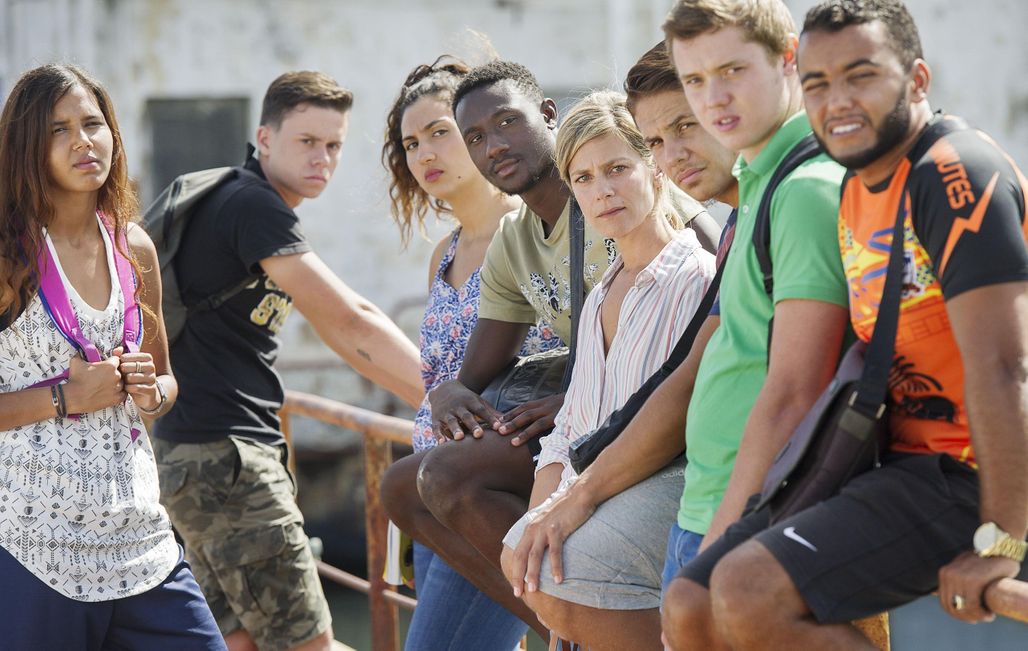
L’Atelier (The Workshop), an interview with Laurent Cantet

The film L’Atelier (The Workshop) opened the doors to the Un Certain Regard selection for Laurent Cantet, winner of the Palme d’or in 2008 for Entre les murs (The Class). Here, the director tells us all about his film in his response to two questions we put to him.
Can you tell us how your film came about?
In 1999, a writing workshop was held in La Ciotat, where the naval dockyard had closed ten years earlier. Ten young people had written a noir novel that helped them reconnect with that glorious working class past, which had since sunk slowly into oblivion. Two years ago, I wanted to explore the relationship between these young people today and a history that must have seemed very remote to them, but also to examine their major issues, and their view of a violent world in which they have to carve out a niche for themselves. Like my earlier works, the film sets out to reflect the complexity of our world, but it’s also more than that. What structures the film is the relationship that develops between Antoine, one of the participants, and Olivia, the novelist in charge of the writing workshop. Robin Campillo and I both realised very early on that we wanted the film to be like a thriller.
Casting was an important issue in capturing that complexity. Can you tell us something about your actors?
From the first draft of the script, we embarked on a sort of ‘wild’ casting process in sports clubs and theatres, outside secondary schools, in bars, etc. That brought me into contact with hundreds of young local people, and I then chose my actors from among them. Then I too led a two-week full-time ‘workshop’ so that their experiences could feed into the film. That was one of my favourite phases in the entire creation process. The fifteen young people I chose very quickly got what the film was about. Their talent, coupled with their generosity in flinging themselves into the project inspired me throughout the shoot.
To play the role of Antoine, I needed a young man capable of coolly taking on the unfavourable sides of his character without nevertheless losing his ability to seduce Olivia and the spectator. Matthieu Lucci was one of the very first people we met. He was on his way to sitting his baccalaureate exam. He made an immediate impression on me, but the fact I’d met him so early raised a doubt in my mind. Surely things couldn’t be that simple? So I kept on looking for other actors, but in vain. Matthieu was quite simply breath-taking and what touched me most was his admission after several days of rehearsing that he hated Antoine as much as he loved him, and just how bad he felt about loving him. As if to prove that you can give yourself to a character without selling him your soul.
The reason I brought in Marina Foïs to play Olivia was because I knew she’d be able to handle the script, that she had the verve to impose her presence on the group and that she could do that with a certain lightness. The youngsters developed a sort of dual attitude towards Marina. The fact they were working on set together created a sense of closeness, but there was also a certain distance because she represents the type of films they love. Her status as a well-known actress became an important element in making the film because it resonated with the character of Olivia, herself a well-known novelist who aroused both attraction and distance in the young people around her.


